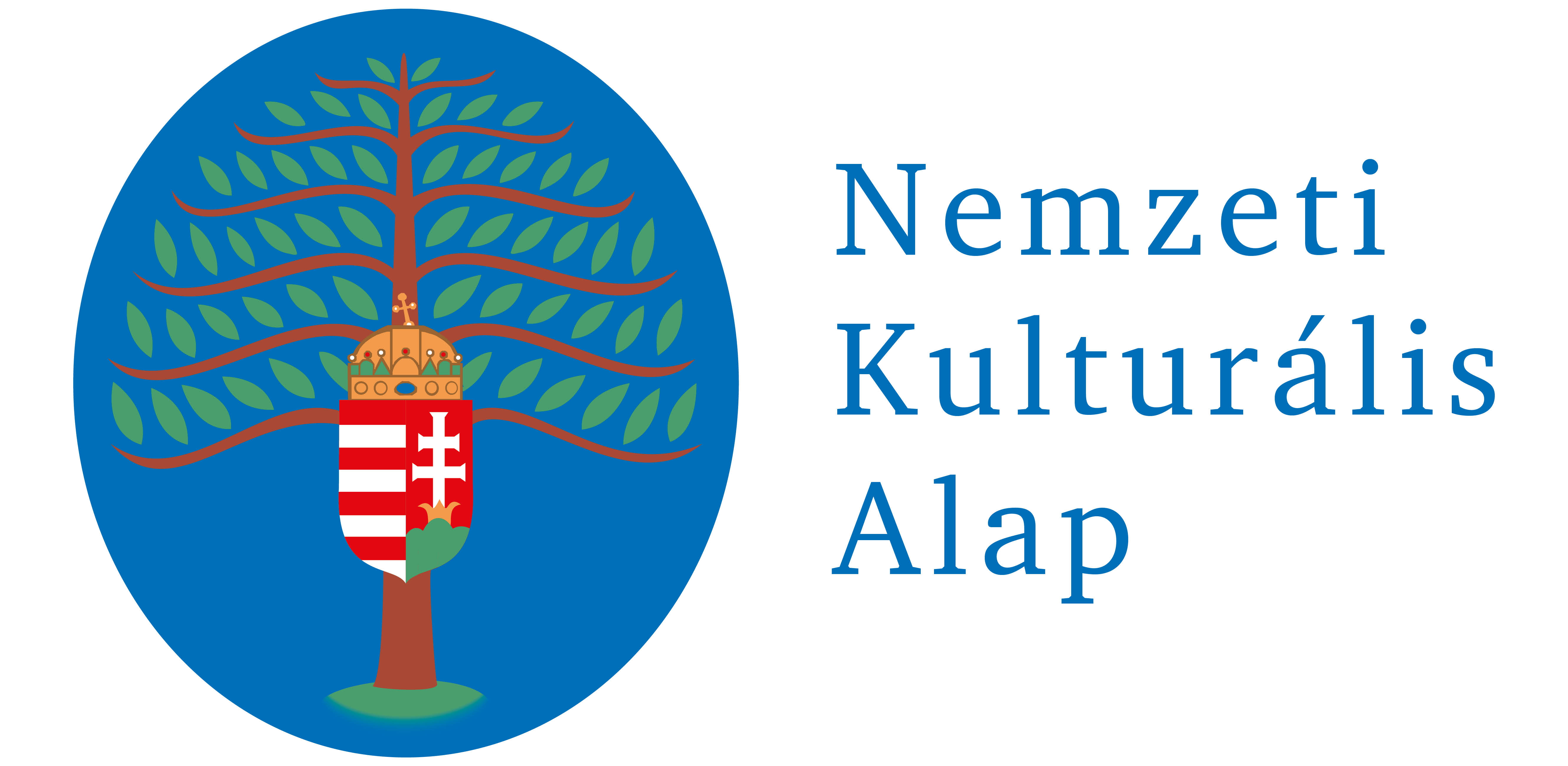Naptár
2024. április 15–19.
2024. április 20.
Eötvös József Kárpát-medencei középiskolai szónokverseny
2024. április 24. – május 3.
Tovább...
2. 2011.
Abstracts in English
Studies
Steklács, János
The investigation of the attitude towards reading among fourth-grade students
International research shows that attitude towards reading – just as knowledge about reading – is in close connection with the ability of reading comprehension. This is true for the metacognitive level of reading, i.e., what knowledge the reader possesses about his own reading process, competence and strategies. If more attention were paid to all these issues when teaching reading, the comprehension skills of students in Hungary would probably be considerably developed. The study presents a survey the primary aim of which was to investigate the attitude towards reading among fourth-grade students. With the help of various background factors the study also aims to find out the differences concerning gender, parents’ education, and parents’ support at home. A further important question was what relation could be found between the reading comprehension of students and their attitude towards reading.
Bredács, Alice
An investigation of reading comprehension
among 14–16 year-old students in art education
This study deals with the reading comprehension of 14–16 year-old students in art education. Using a test based on a literary text, it investigates the relationship between students’ reading comprehension, artistic talent and the training that develops them. It also shows the differences between student groups interested in various kinds of arts, and between boys and girls concerning text interpretation and literal text comprehension. The test was also taken by a group of students who do not take part in art education. The results show that students who follow art education perform better in reading comprehension in almost each task type, although there are differences according to different art types. On the basis of the results, the study on the one hand confirms earlier studies while on the other hand it reveals some new aspects concerning this special student group.
Danczi, Annamária
Dialect at school
This study investigates the relation between students with a dialect and education. More specifically, it investigates how first language education affects the dialect speech of students. It introduces the first language use of students and the attitude of both students and teachers to dialects at the school Kürti Magyar Tanítási Nyelvű Alapiskola. The research was based on questionnaires for teachers and interviews with students in the academic year 2009/2010, involving eight teachers and eighty-one students. It presents the language use of students at school and their attitude to language and dialect. It demonstrates that students’ attitude is more and more positive towards dialect speech as years pass, and they often use dialect in the classroom as well. It also emphasizes that teachers at this school find it important to teach dialects.
Workshop
Tancz, Tünde
Playful development of language and communication skills in the beginner phase
Language and communicative competences influence performance at school, on the job market and in society, as well as the success, contentment, and self-esteem of children. They provide the basis for the interpretation, storage, and application of oral and written systems of linguistic signs. They may also have an influence on the general attitude towards learning, on motivation, the choice of values, role in the age group, and job orientation. Their effect builds into adult socialization, and into the quality of language use and behaviour culture. This article shows language games that develop partial competences necessary for language and communicative competence. They also create an opportunity for developing skills and competences gained through experience. The exercises may be useful for training children with both normal development and with language disorders.














